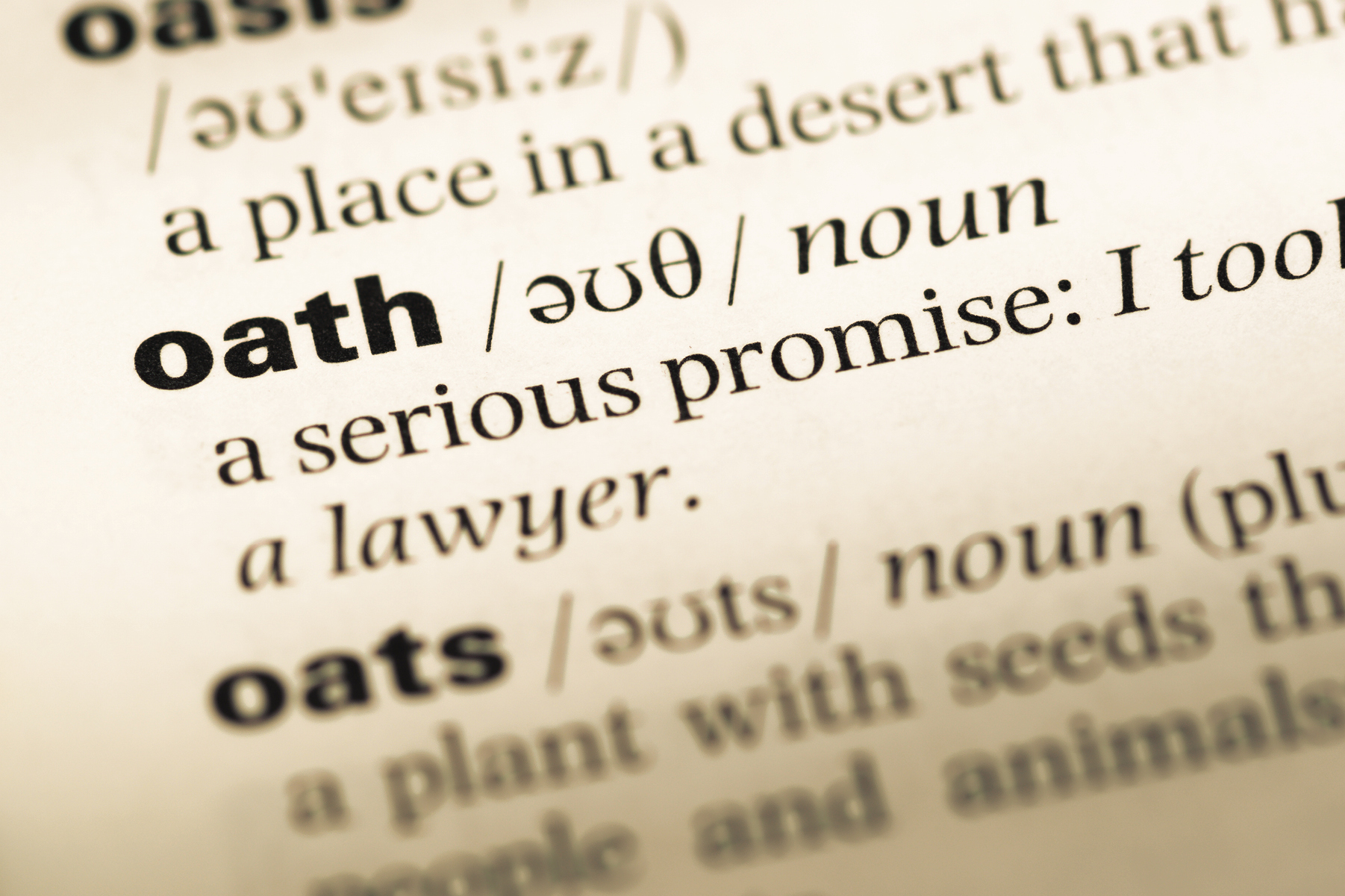
Religion is one of just two protected classes under California’s Fair Employment and Housing Act (FEHA) — disability is the other — that requires employers to explore and provide applicants or employees with a reasonable accommodation where appropriate.
On April 3, the Ninth Circuit Court of Appeal issued a ruling highlighting the potential danger when employers fail to adhere to that process (Bolden-Hardge v. Office of the California State Controller, et al. (No. 21-15660, Apr. 3, 2023)).
The California Constitution requires nearly all public sector employes to swear or affirm to “support and defend the Constitution of the United States and the Constitution of the State of California against all enemies, foreign and domestic.” Employees must also “bear true faith and allegiance” to those constitutions.
Loyalty Oath
In this case, in 2016, Brianna Bolden-Hardge started working for the Franchise Tax Board (FTB) — a government agency within the State of California. When the FTB hired her, she was never required to sign any sort of loyalty oath. A year later, Bolden-Hardge sought, and was offered, a promotion with the State Controller’s Office (SCO). As part of the new position, the SCO required Bolden-Hardge to sign a loyalty oath in accordance with the California Constitution.
Bolden-Hardge is a devout Jehovah’s Witness, and part of her religious beliefs prevents her from swearing primary allegiance to any government over the Kingdom of God or promising to engage in military activities. So, Bolden-Hardge requested the SCO grant her an accommodation that allowed her to sign the loyalty oath with an addendum that affirmed Bolden-Hardge’s primary allegiance to God but also affirmed she would work in good faith to uphold the constitutions.
The SCO rejected her request and withdrew their employment offer. Bolden-Hardge returned to her lower-paying FTB position where they, then, required her to sign a loyalty oath but with Bolden-Hardge’s requested addendum.
Bolden-Hardge subsequently filed suit against the SCO for violating several of her rights, including her rights under the FEHA and federal Title VII to be free from religious discrimination and her rights to a religious accommodation where appropriate.
Job or Religion Conflict?
The SCO moved to dismiss the lawsuit because, amongst other defenses, it alleged that it could not accommodate Bolden-Hardge’s religious beliefs in this fashion — it would require the SCO to violate the California Constitution. The trial court agreed and dismissed Bolden-Hardge’s lawsuit, but she appealed, and now the Ninth Circuit has reinstated her lawsuit.
Focusing on the FEHA and Title VII, the Ninth Circuit explored whether Bolden-Hardge held a “bona fide religious belief” that conflicted with an employment requirement. Bolden-Hardge claims that the loyalty oath requiring her to swear primary allegiance to a human government over God forces her to choose between her beliefs and her job. The SCO countered that the oath’s text doesn’t require that choice and, thus, doesn’t conflict with Bolden-Hardge’s religious beliefs.
The Ninth Circuit agreed with Bolden-Hardge that the oath’s apparent language still requires primary loyalty to the government over religion even if it is not expressly stated in the oath. After all, the SCO would have accommodated the addendum if it wasn’t concerned about the choice of religious beliefs over the primary loyalty to the state.
The SCO then argued that, even if the oath conflicted with Bolden-Hardge’s religious beliefs, accommodating Bolden-Hardge in this matter would require the SCO to violate California’s Constitution and, thus, would cause undue hardship to the SCO. The SCO’s interpretation of the law is accurate — employers that would be exposed to liability for violating the law to effectuate a religious accommodation are excused from providing that accommodation because it is an “undue hardship.”
However, in this case, the SCO has not demonstrated that it would be subject to any liability for amending the oath as requested. The fact that the FTB later provided that amended oath to Bolden-Hardge and has not been subject to liability for legal violations undermines the SCO’s argument.
Lessons for Private Employers
Although this case involves government employees and the public sector, this ruling still has lessons for private employers.
Conflict between job requirements and religious beliefs may take many forms and trigger FEHA and Title VII protections. Failing to engage in a good faith, interactive process to explore any and all possible reasonable accommodations exposes employers to liability as much as firing a person due to their religious beliefs. When presented with a religious accommodation request, employers should tread carefully and engage legal counsel to ensure complete compliance with religious accommodation rules.

